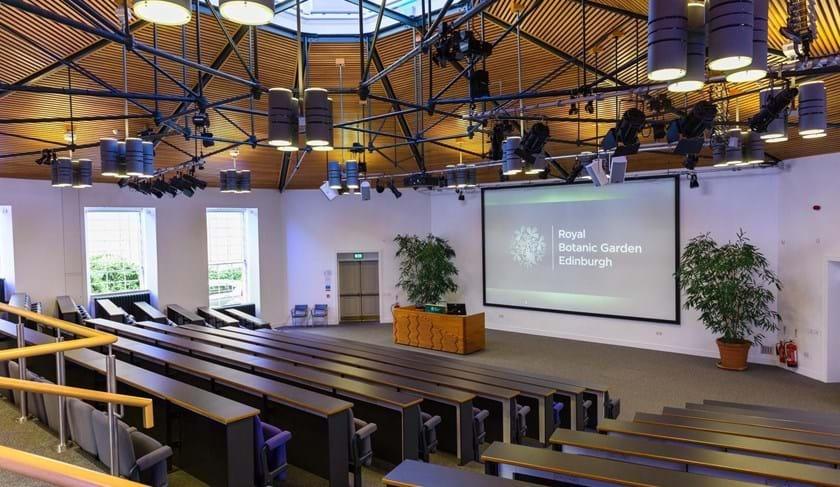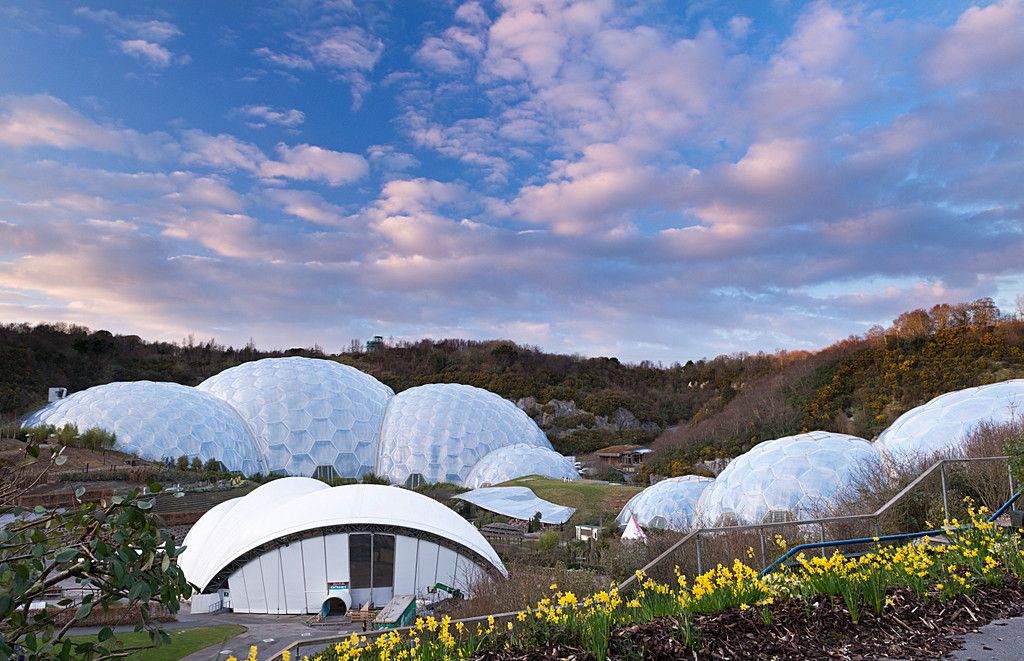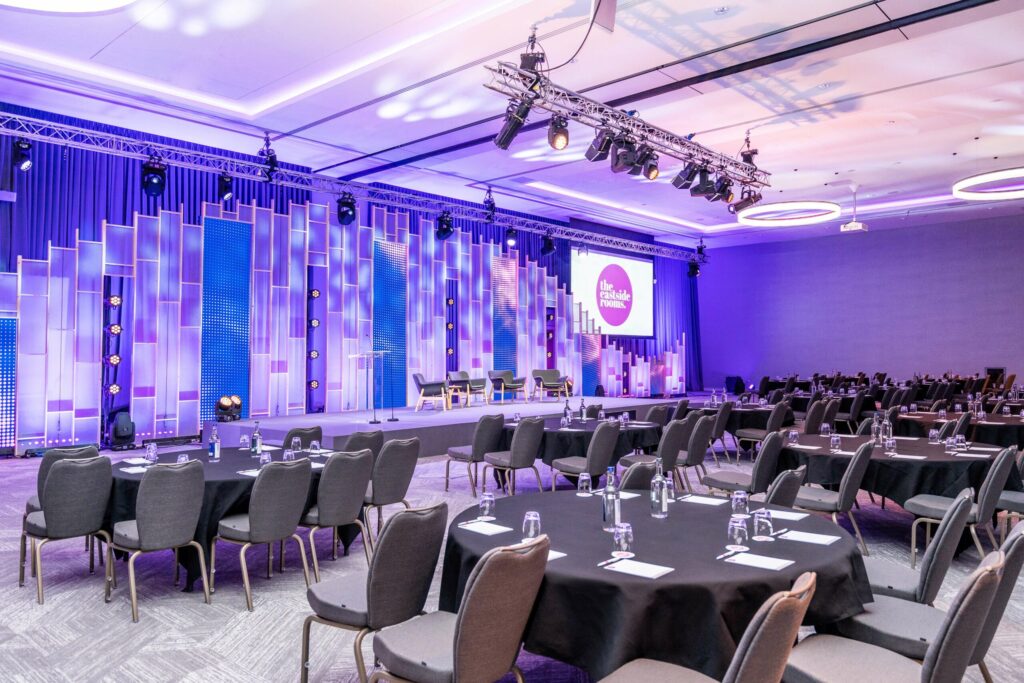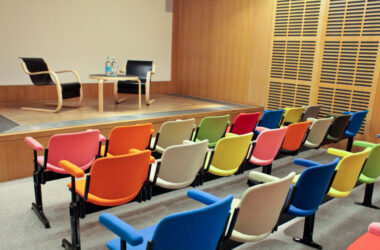How to make Events more Sustainable and Eco-friendly

Did you know that on average, each conference participant generates approximately 177 kilograms of CO2 emissions and generates 2 kilograms of waste per day, with 1.16 kilograms of that waste ultimately finding its way to a landfill?
Sustainability helps protect our planet’s ecosystems, biodiversity, and natural resources, ensuring they remain intact for future generations. If we adopt sustainable practices we can help to reduce greenhouse gas emissions, helping combat climate change and its severe consequences. These practices also help to promote the responsible use of finite resources, promoting resource availability for the long term.
The event industry has the potential to become more sustainable and eco-friendly by implementing various strategies and practices that reduce its environmental impact. Here are some key ways that event planners can embrace sustainability:
Venue Selection:
Choose event venues that have eco-friendly features such as LEED certification, energy-efficient lighting, and renewable energy sources. Consider holding events in easily accessible locations to reduce attendees’ transportation emissions.

Waste Reduction and Recycling:
Implement comprehensive waste reduction and recycling programs during events. Use clearly marked recycling bins, minimise single-use plastics, and encourage attendees to bring reusable water bottles and containers.
Eco-Friendly Event Materials:
Opt for sustainable event materials, such as recycled paper for promotional materials, signage, and event programs. Consider digital alternatives like mobile apps for event schedules and information.
Food and Beverage:
Work with caterers who prioritise local, organic, and sustainably sourced food and beverages. Minimise food waste by planning carefully and donating excess food to local charities.
Transport:
Encourage attendees to use public transport, carpooling, or biking to the event. Offer incentives like shuttle services from nearby transit hubs or bike racks at the venue.
Energy Efficiency:
Use energy-efficient lighting, heating, and cooling systems at the event venue. Consider renewable energy sources like solar panels and use programmable thermostats to regulate temperature.

Water Conservation:
Implement water-saving measures such as low-flow toilets and taps. Encourage attendees to use water responsibly.
Carbon Offsetting:
Calculate the event’s carbon footprint and invest in carbon offset programs to compensate for emissions. This can include planting trees or supporting renewable energy projects.
Reusable Decor and Furniture:
Choose reusable or rental decor and furniture to reduce waste and minimize the need for new materials.
Digital Signage and Ticketing:
Reduce paper usage by using digital signage for event information and digital ticketing systems instead of paper tickets.
Sustainable Transport for Suppliers:
Encourage suppliers and vendors to use eco-friendly transport options when delivering and setting up event materials.
Communication and Education:
Raise awareness among attendees, exhibitors, and staff about the event’s sustainability efforts. Provide information on how they can contribute to reducing their environmental impact during the event.
Measurement and Reporting:
Track and report on sustainability metrics for your event, such as energy consumption, waste diversion rates, and carbon emissions reductions. Use this data to set and achieve sustainability goals for future events.

Certifications:
Seek out sustainability certifications for your event, such as ISO 20121 standards, to demonstrate your commitment to eco-friendliness.
Collaboration:
Work with sustainability experts, local environmental organisations, and suppliers who prioritise sustainability to improve your event’s eco-friendly initiatives.
By implementing these strategies, event planners can significantly reduce the environmental footprint and contribute to a more sustainable future. Sustainable events not only benefit the environment but also enhance the overall attendee experience and can improve the reputation of event organisers and sponsors.
Related Posts

A Corporate Christmas Party with a Difference
Do you dread the company’s Christmas party invitation arriving on your desk? Tired of soggy sausage rolls, lukewarm turkey, and limp vegetables, coupled with making small talk over a glass…

Electric Flamingo Christmas Party
In the dark days of winter, London becomes a canvas of sparkling lights, festive decorations, and joyous celebrations. Among the myriad of events, the Electric Flamingo Christmas Party at The…

Le Sorelle Barge in London
Discover an unparalleled blend of historical charm, luxury, and modern comfort aboard Le Sorelle, an extraordinary 1950s barge conversion nestled in the heart of Canary Wharf. Crafted with reclaimed wood…

Finding the Perfect Gallery Venue in London
Finding the perfect gallery venue for an event offers an inspiring environment that can greatly enhance the creative experience. These spaces are specifically designed to showcase artistic work, providing optimal…
